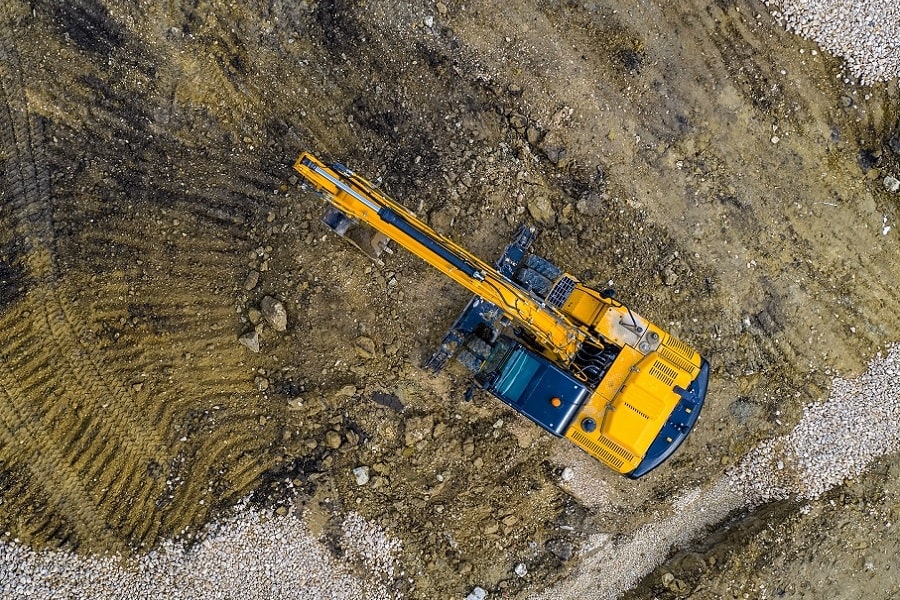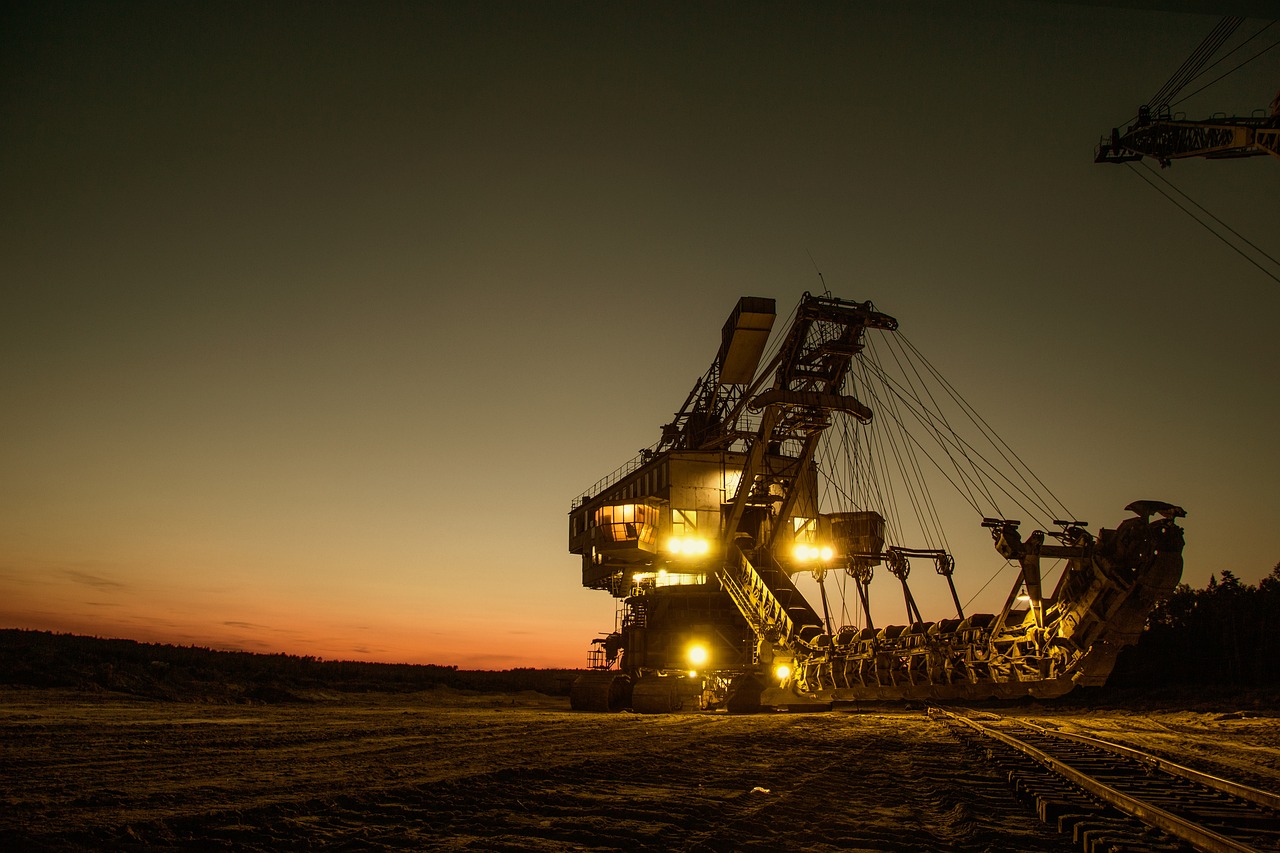In the ever-evolving landscape of technology, the integration of Artificial Intelligence (AI) has become a game-changer across various industries. For heavy vehicle rental companies, AI offers a plethora of opportunities to enhance operations, streamline logistics, and ensure safety and compliance. Here’s how AI can be harnessed effectively in heavy vehicle rental companies, beyond just customer service.
1. Predictive Maintenance
One of the most impactful applications of AI is in predictive maintenance. By analyzing vehicle performance data, AI algorithms can predict maintenance needs before they become critical. This proactive approach can significantly reduce downtime and repair costs, ensuring that vehicles are always in optimal condition. Equipping vehicles with sensors to collect data on engine performance, fuel usage, tire pressure, and other metrics allows AI to process this data and identify potential issues early.
2. Fleet Management
AI can revolutionize fleet management by optimizing vehicle use and scheduling based on demand patterns. This minimizes idle time and improves fleet utilization. Additionally, AI-driven route planning can identify the most efficient routes, taking into account factors such as traffic, weather, and road conditions. This not only saves time and fuel but also enhances overall operational efficiency.
3. Safety and Compliance
Ensuring the safety of drivers and vehicles is paramount. AI systems can monitor driver behavior in real-time, detecting fatigue, distraction, or unsafe driving practices and providing immediate alerts or feedback. Furthermore, AI can help maintain regulatory compliance by tracking data related to vehicle inspections, certifications, and other regulatory requirements.
4. Asset Tracking and Management
Real-time tracking of vehicles through AI-powered GPS and telematics systems can greatly enhance asset management. This capability aids in asset recovery in case of theft and improves inventory management by providing up-to-date information on the location and status of each vehicle. Analyzing vehicle usage patterns with AI also enables informed decisions regarding purchasing, leasing, or retiring vehicles from the fleet.
5. Fuel Efficiency
AI can optimize driving routes and behaviors to improve fuel efficiency, offering suggestions to drivers on fuel-efficient practices. Additionally, AI can analyze the feasibility and impact of adopting alternative fuel vehicles, such as electric or hybrid trucks, based on usage data and cost analysis. This not only reduces operational costs but also aligns with environmental sustainability goals.
6. Inventory and Supply Chain Management
Accurate demand forecasting is crucial for effective inventory management. AI can predict demand for rental vehicles based on historical data, seasonal trends, and market conditions, helping companies plan their inventory more effectively. AI also optimizes parts and supply chain management, ensuring the timely availability of necessary components for vehicle maintenance and repair.
7. Fraud Detection
AI algorithms are adept at detecting and preventing fraudulent activities, such as misuse of rental vehicles or false claims. By analyzing patterns and anomalies in usage data, AI can flag suspicious activities and mitigate risks, ensuring the integrity and security of operations.
8. Dynamic Pricing
Implementing AI-driven dynamic pricing models allows rental companies to adjust rental rates based on real-time demand, availability, and other factors. This approach maximizes revenue by ensuring prices are competitive and reflective of current market conditions.
Conclusion
By leveraging AI in these diverse areas, heavy vehicle rental companies can achieve substantial improvements in efficiency, safety, and profitability. As AI technology continues to evolve, its applications in the industry are bound to expand, offering even more innovative solutions to longstanding challenges. Embracing AI is not just a competitive advantage but a necessary step towards a smarter, more efficient, and sustainable future.




